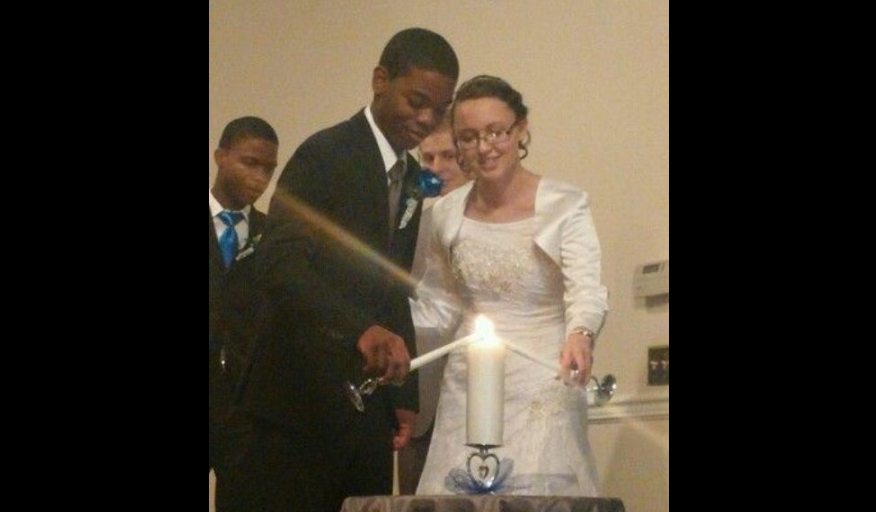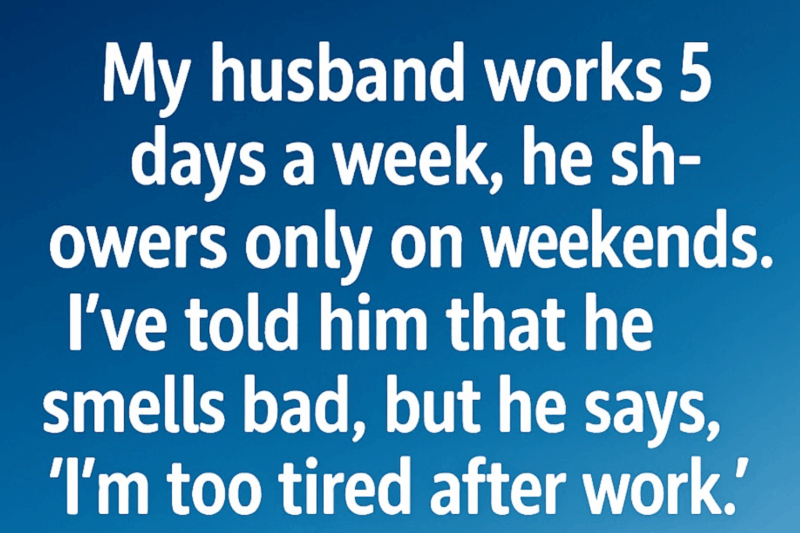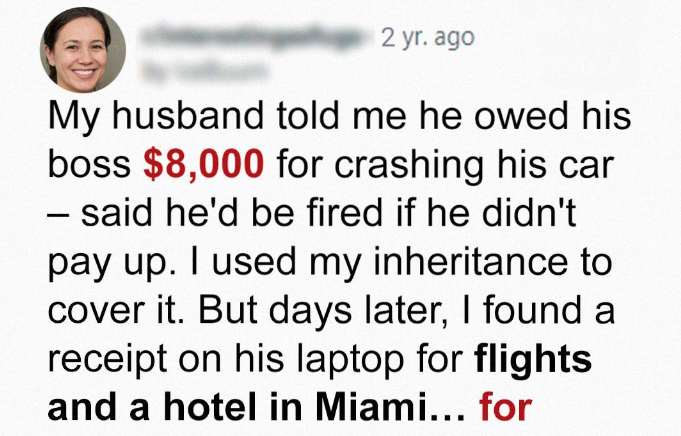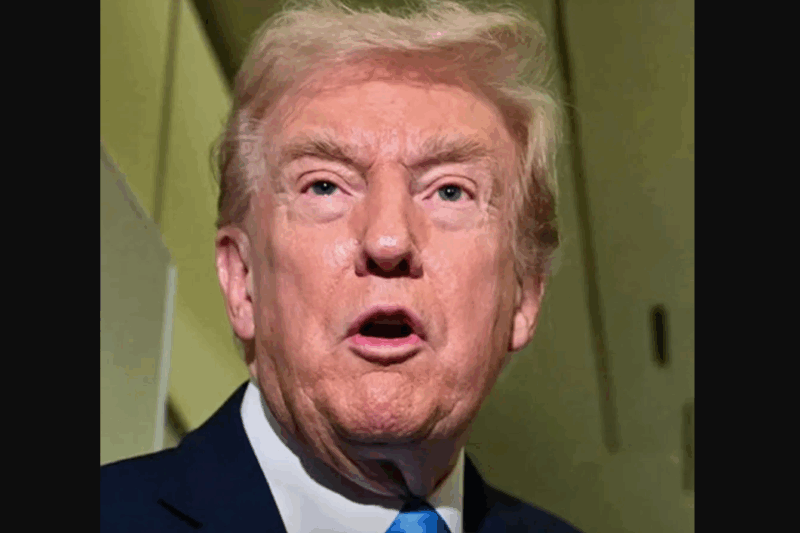My hand trembled, though you wouldn’t notice it in the photograph.
I flashed a smile for the camera, yet my senses were consumed by the heavy quiet behind us. His mother hadn’t uttered a complete sentence to me all day. His father fidgeted with his cufflinks, as if counting the minutes until he could escape.
They never explained their reasons fully. They murmured about us moving too fast or hailing from separate worlds. Their words came with a practiced smile, the kind that cloaks truth in careful phrasing.
Still, we lit the unity candle. It was my one non-negotiable. I’d purchased it from a quaint shop in Asheville, our initials etched into a small silver heart at its base. I thought to myself, if they won’t offer their approval, they’ll at least bear witness to our commitment.
That night, after the final guests departed, I approached the table where the candle had burned. Its wax was still warm to the touch.
That’s when I spotted a folded piece of paper nestled beneath the candle’s base. It wasn’t part of the decor. The paper was thin, folded twice, its edges worn, as though someone had carried it for days, debating its fate.
My heart sank as I reached for it. I wasn’t prepared for another slight, not on our wedding night. Yet I unfolded it.
No signature marked the page, but the handwriting was unmistakable—his mother’s precise cursive, orderly and deliberate, as if guided by an invisible ruler.
It read:
“Love alone isn’t always sufficient. It can obscure. But if you’re still standing years from now—truly standing, side by side—we’ll be here. Silently hoping we misjudged.”
I sat there, staring at the words, my dress pooling awkwardly around me on the floor. The DJ had packed up, the lights were low, and the only sound was the faint hum of an ice machine in the corner.
It wasn’t quite a blessing. Nor was it malice. It was something else—perhaps the nearest they could come to candor.
I didn’t share the note with him that night. I wanted to preserve the fragile joy we’d carved out. He’d already noticed the tension in the photos, his mother’s untouched wine, his father’s inquiries about flights right after the meal.
Instead, I tucked the note into the inner pocket of my makeup bag.
Months rolled by. Our honeymoon was brief—a cozy cabin in the woods with a broken hot tub, but we didn’t care. We were still in that phase where we believed love could patch every leak in the ceiling.
But life has a way of seeping in.
Challenges came, not as grand dramas but as slow, persistent pressures. I lost my job first, one of five cut from a nonprofit that couldn’t afford to stay afloat. Then his hours at the garage dwindled. Rent became a burden, then groceries followed.
We bickered more than I expected. Over small things—who overlooked the water bill, who left the car lights on. Sometimes, when exhaustion weighed on him, he’d murmur, “Maybe they were right.”
Those words settled in my chest, heavy and lingering, like a meal left unfinished.
Yet we pressed on. I took shifts at a bakery. He picked up side gigs repairing neighbors’ cars. We found a rhythm—not flawless, but ours.
Then, two years later, I discovered I was pregnant.
We hadn’t planned for it. We weren’t even sure we wanted children yet. But the bold, unwavering second line on the test felt strangely fitting.
He cried when I told him. Not loudly—just a quiet tear tracing his cheek as he rubbed my back, nodding repeatedly, as if persuading himself he was worthy of this happiness.
We shared the news with his parents a week later. I was anxious, but he was determined, believing this might finally warm their hearts.
They didn’t raise their voices. Nor did they smile. His mother’s lips pressed tight, as if holding back something sharp. His father said, “Well, you’ll do what you’ll do.”
We didn’t linger long after that.
Six months later, I saw her again, in the grocery store near the frozen peas. I was visibly pregnant, waddling and overheated, and she nearly missed me. When her eyes met mine, they widened—not with disapproval, but with something softer. Perhaps worry.
“You’re… showing,” she said.
I laughed, unsure of what else to say. “Seven months. It’s a boy.”
She nodded. Her hand lifted briefly, then fell. “I hope he has his father’s eyes.”
I wanted to ask why she never reached out, why she made it so difficult for us to feel like family. But I didn’t. I just said, “Thanks,” and turned away before emotion choked me.
Our son, Miles, arrived during a snowstorm. We didn’t reach the hospital. He was born in the backseat of our Civic, parked haphazardly outside a fire station.
He emerged quiet, blinking, as if weighing whether the world deserved his presence.
His parents visited a week later. Not immediately, but they came, unannounced, standing on our doorstep with a bag of groceries and a pink knit hat too small for his head.
His mother said little that day. She just watched me rock Miles to sleep, her gaze fixed on how he nestled against me.
“I used to sing to him like that,” she whispered. “When he wouldn’t sleep. Just hummed whatever church tune came to mind.”
That was the closest she came to admitting she regretted the distance.
Years passed. Miles turned three, then five. He began calling her “Gramma Lou” with effortless affection. Somewhere amid preschool performances and birthday candles, something shifted.
They started inviting us over.
Not frequently, not with fanfare. But small gestures—Sunday lunch, a stroll to the park. His father even offered to repair our fence after a storm toppled it.
It wasn’t cinematic. No grand apologies or tearful embraces. Just effort. And effort, I’ve learned, speaks louder than words.
On our seventh anniversary, we renewed our vows. Nothing elaborate—just the three of us in the backyard, an old friend officiating, and Miles tossing flower petals like they were confetti.
While setting up the table, I rediscovered the unity candle, buried in a storage box. The silver heart was slightly tarnished but still bore our initials, like a quiet vow.
I nearly left it packed away. But something urged me to bring it out.
We lit it once more.
Later, after everyone had left and the sun dipped below the trees, I lifted the candle—and found another note taped beneath.
It was on crisp stationery, neatly folded, unsigned.
But the handwriting was the same.
“We were wrong. You didn’t merely stand—you built. And you built something we’re proud to witness. Thank you for loving him, even when we didn’t know how to love you.”
This time, I shared it with him.
He read it twice, then looked at me with the same quiet awe he’d shown the night Miles was born, tinged with disbelief.
“They’re trying,” he said.
“Yes,” I nodded. “They are.”
We didn’t frame the note or make a fuss. I keep both notes, folded carefully, in a small box beside our wedding album.
On days when I’m weary or uncertain—when marriage feels like a long march rather than a waltz—I pull them out.
Not because I need their validation anymore. But because they remind me of a truth I’ve learned, gradually and with effort, over the years:
People don’t always arrive when you hope they will. They arrive when they’re able.
Forgiveness isn’t always bold. Sometimes, it’s a bag of groceries, a tiny pink hat, or a note tucked beneath a candle.
And love—true love—isn’t forged in sweeping gestures. It’s crafted in the quiet moments that follow.
If you’re reading this and feel like someone doesn’t see your love as enough, hold steady. Love fiercely. Stand strong. Let time do what it does best—unveil.
If this story resonates with you, share it with someone who needs to hear it. A like helps others discover these slices of real life.




